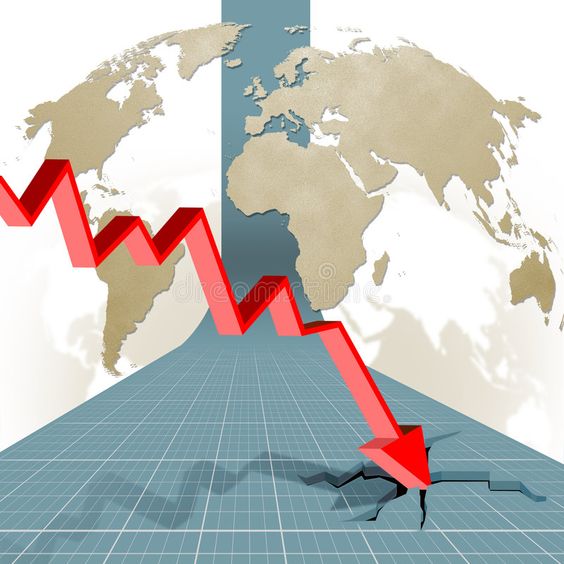Abelardo Cortez l October 22, 2024 l Manila Bulletin

In the current VUCA (volatility, uncertainty, complexity, and ambiguity) uncertainties in the investment world, more information is always better. Given the ever-widening global influence of social media, which indeed has changed the landscape of investment round the globe, the economic information most investors would read, to say the least, must be the right information.
Precisely, corporate and individual investors the world over prefer to gather more information from various capital markets, on many listed companies, as well as sovereign and corporate bonds issuers; this is a defensive stance, to scrutinize more data closely, and feel confident that they’re making optimistic and cautious investing moves.
Investors should always track hundreds of pieces data to monitor the pulse of many listed businesses as well as that of various national economies. From these tiny bits of data, they will understand many economic and business information depicting where a national economy is, and where it is going. Moreover, investors should track and be familiar with economic indicators such as follows: A.) Gross Domestic Product – the total value of all goods and services produced within the economy; it is the broadest current measure of the economic activity. GDP is broken down into consumption, investment, net exports, government purchases, and investors, with consumption being the largest component. While GDP is important, it’s a lagging indicator and, hence, investors should look more closely at other economic indicators for signs of where the national economy is really going. B.) Inflation – inflation is the depreciation of currency money vis-à-vis the goods and services that people buy. A modest and consistent amount of inflation, usually in a 2 to 3 percent annual range, is a good thing. There are two (2) types of inflation. First, demand-pull inflation occurs when the strength of demand, brought by low interest rates, high income and employment, strong export, or any combination of other similar factors would prompt more funds to chase the same amount of supply. Demand-pull inflation is good in the short run for some businesses as it allows them to raise prices. Second, Cost-push inflation occurs when
shortages of the key economic inputs like energy or other natural resources appear, leading to increased prices in those inputs, causing a downstream chain reaction within an economy. Rasing interest rates to control cost-push inflation, however, may lead to “stagflation,” a particularly challenging economic situation of price increases within an environment of economic decline. C.) Consumer Price Index – CPI is the well-known measure of the price level of a fixed basket of consumer goods and services. CPI is widely used globally as the strongest overall indicator of inflation in a given economy. The CPI, excluding the more volatile food and energy components, is known as the “core inflation,” and must also be watched closely.
In China, the world’s second-largest economy, grew 4.6% in July-September, based on official data. Chinese officials expressed confidence that the government’s full year growth target of around 5%, underpinned by further policy support, would still be achieved. We also know what happened to Japan in 1990s when boom turned to bust; real estate prices in Japan doubled or tripled in value within a short period. But when the bubbles burst, Japan’s painful experience began. It still is. In 2008, in the USA, regulators failed miserably to stomp out the embers before they turned into a ranging fire that led to the 2008 Great Recession. Regarding our own Philippine economic situation, our economy posted a faster growth rate of 6.3% in the second quarter, amid increased investments and government spending. This economic growth makes the Philippines one of the best performers in East Asia. Will our monetary and fiscal policy makers “take away the punch bowl” while the party is in full swing? But don’t hold your breath. No matter what economic circumstances are in most nations, chaos and change are constants.
As in everything else in life, there’s such a thing as the right move, the right message, but not the right time.
*** Atty. Abelardo “Billy” Cortez has over 30 years of experience in international and local banking (treasury, trust, private banking). He’s formerly FINEX national president and former chairman of the Philippine Capital Market Development Council. He is an independent board director at First Metro Investment Bank’s companies/subsidiaries (Metrobank Group). He’s an awardee of the Most Distinguished Bedan Alumnus in the field of banking and finance from San Beda College.
The views and opinions expressed above are those of the author and do not necessarily represent the views of FINEX. Photo from Pinterest.

